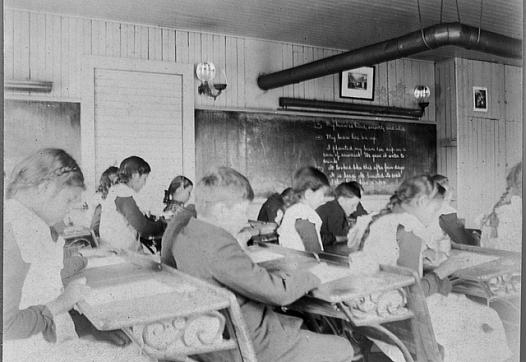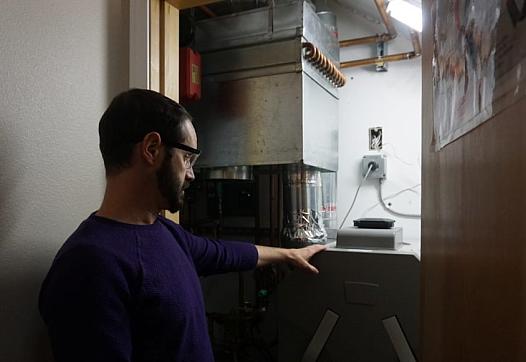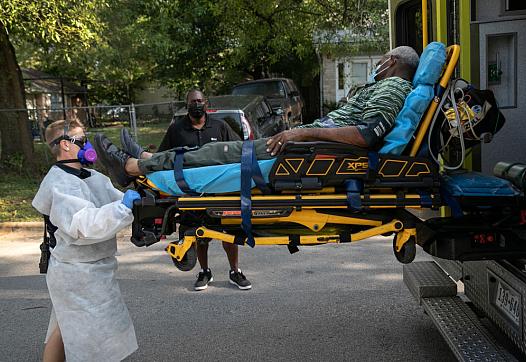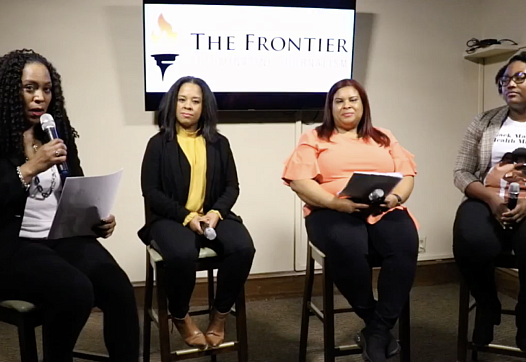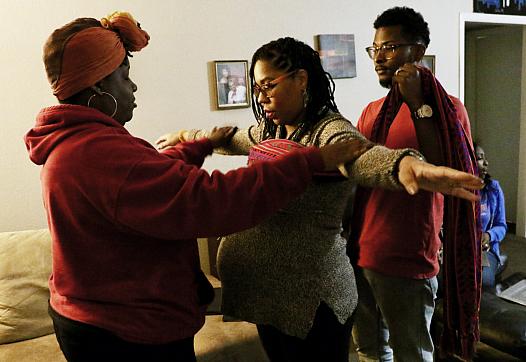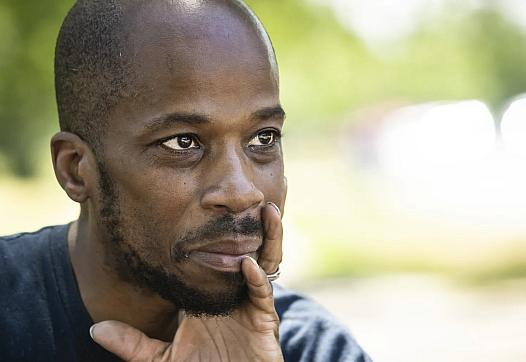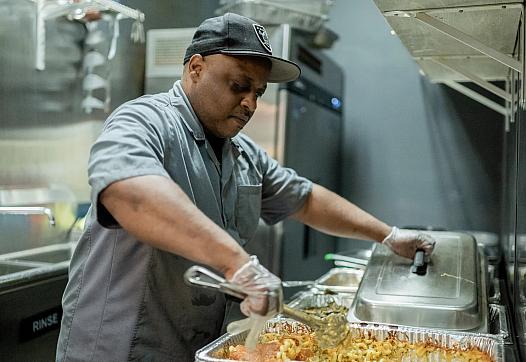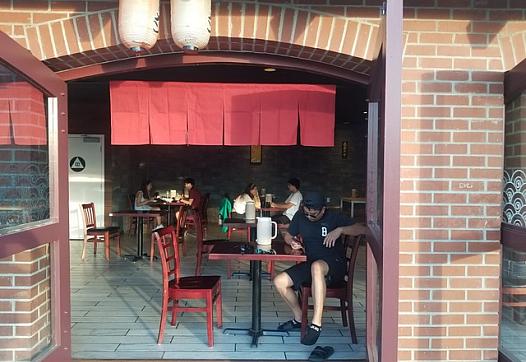
This story was written by SweSwe Aye while participating in the USC Annenberg Center for Health Journalism's 2021 California Fellowship.
Her other stories include:
Part 1: Burmese American Community's Vaccination Efforts
Part 2: Health and mortality impacts on Burmese Community by COVID-19 pandemic

